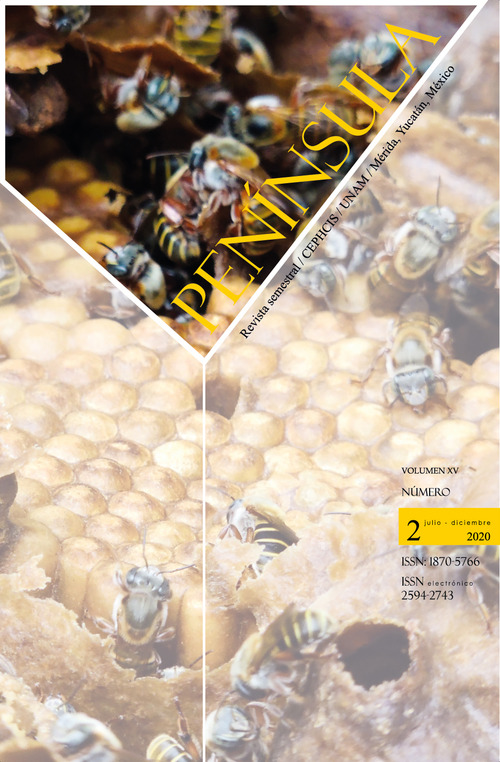Of “Terrible Bugs” and “Poisonous Vermin.” Insects Against the “Progress” of Colonial America
Main Article Content
Abstract
Insects were part of the studies of enlightenment science during the eighteenth and early nineteenth centuries. Taking into consideration the environemnt of the Viceroyalty of New Granada, and from the point of view of the cultural history of animals, some aspects of the contents and of the immaterial meanings on the tropical entomofauna will be analyzed in this paper that —beyond the scientific reports— served the enlightenment elites to articulate a discourse of social, cultural, and political intervention for areas not yet controlled and exploited by the colonial system. These “poisonous vermin” were the obvious sign that they had to conquer the natural environment of the warm regions, profit from the botanical and zoological treasures that were hidden there and, of course, to culturally homogenize the equally “wild” human groups, so that those who perceived themselves as the spokesmen of “progress” and “civilization” could settle there.
